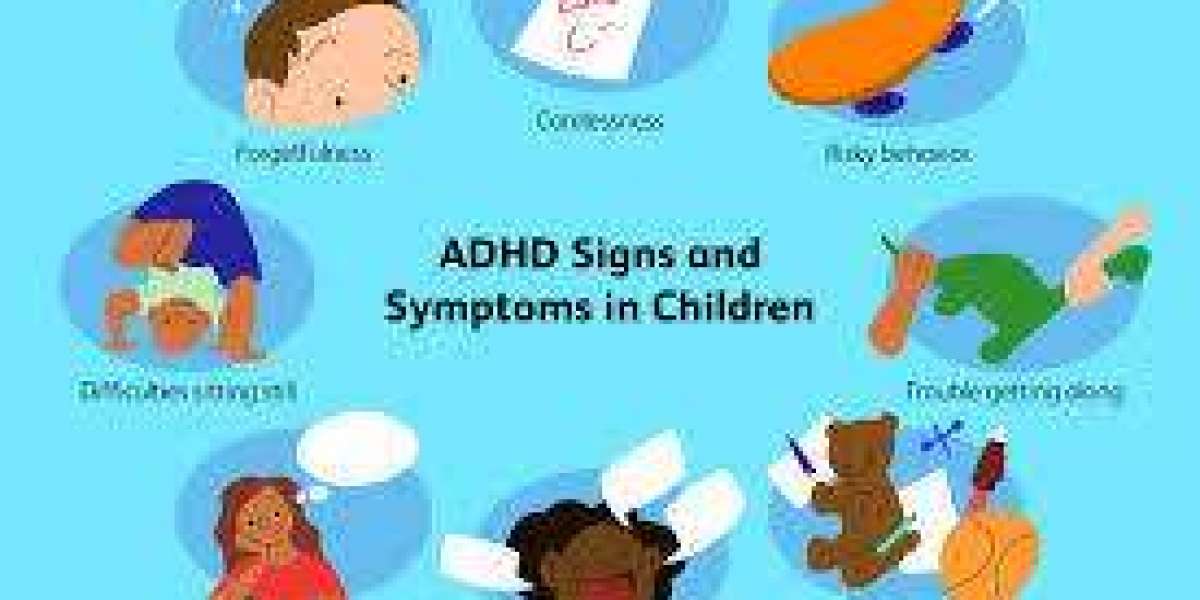Sleep disorders are a common yet often overlooked aspect of ADHD. The interplay between ADHD and sleep issues can significantly impact an individual's daily functioning, mood, and overall well-being. This article explores the connection between ADHD and sleep disorders, examining the effects of sleep disturbances, and offering practical strategies to break the cycle of restless nights.
The Connection Between ADHD and Sleep Disorders
Prevalence of Sleep Problems in ADHD
Research indicates that sleep disturbances are prevalent among individuals with ADHD. Studies suggest that between 25% to 50% of people with ADHD experience significant sleep issues. These problems can include difficulty falling asleep, frequent awakenings, and poor sleep quality.
Common Sleep Disorders Associated with ADHD
Several sleep disorders are commonly associated with ADHD, including:
Insomnia:
Difficulty falling or staying asleep is a frequent complaint. Insomnia can exacerbate ADHD symptoms and contribute to daytime fatigue and irritability.
Restless Legs Syndrome (RLS):
Characterized by uncomfortable sensations in the legs and an uncontrollable urge to move them, RLS can interfere with the ability to fall asleep.
Sleep Apnea:
This disorder involves repeated interruptions in breathing during sleep and can lead to fragmented sleep and excessive daytime sleepiness.
Nightmares and Night Terrors:
Individuals with ADHD may experience more frequent and intense nightmares or night terrors, affecting their overall sleep quality.
How Sleep Disturbances Affect ADHD
Impact on Attention and Concentration
Poor sleep can exacerbate ADHD symptoms such as inattention and distractibility. A lack of restorative sleep impairs cognitive functions, making it harder for individuals with ADHD to focus and maintain attention throughout the day.
Effects on Mood and Behavior
Sleep disturbances can contribute to mood swings, irritability, and emotional dysregulation. Individuals with ADHD may experience heightened emotional responses, difficulty managing stress, and increased frustration due to inadequate sleep.
Influence on Academic and Occupational Performance
Sleep problems can negatively impact academic and occupational performance. Individuals may struggle with memory, decision-making, and problem-solving, leading to decreased productivity and performance in various areas of life.
Strategies for Improving Sleep in ADHD
Establishing a Consistent Sleep Routine
Creating a regular sleep schedule is crucial for improving sleep quality. Going to bed and waking up at the same time each day helps regulate the body's internal clock and promotes more consistent sleep patterns.
Creating a Sleep-Friendly Environment
A conducive sleep environment can enhance sleep quality. Consider the following adjustments:
Darkness:
Use blackout curtains or sleep masks to create a dark sleeping space.
Quiet:
Minimize noise with earplugs or white noise machines.
Comfort:
Ensure a comfortable mattress and pillows.
Implementing Relaxation Techniques
Incorporating relaxation techniques into the bedtime routine can help calm the mind and prepare the body for sleep. Techniques such as deep breathing, progressive muscle relaxation, and mindfulness meditation can be effective in reducing pre-sleep anxiety and promoting relaxation.
Limiting Stimulants and Screen Time
Avoiding stimulants such as caffeine and nicotine close to bedtime is essential. Additionally, reducing screen time before bed can help, as the blue light emitted by electronic devices can interfere with the production of melatonin, a hormone that regulates sleep.
Managing ADHD Symptoms
Addressing ADHD symptoms through behavioral interventions and medication can also improve sleep. Working with healthcare professionals to optimize ADHD treatment may lead to better sleep outcomes and reduced symptoms of both ADHD and sleep disorders.
Professional Interventions and Treatments
Behavioral Therapy
Cognitive-behavioral therapy for insomnia (CBT-I) is a structured program that helps individuals address negative thoughts and behaviors related to sleep. CBT-I can be particularly beneficial for those with ADHD, helping to establish healthier sleep patterns and manage sleep-related anxiety.
Medical Evaluation
A thorough medical evaluation is essential for identifying and treating underlying sleep disorders. Sleep studies may be necessary to diagnose conditions such as sleep apnea or restless legs syndrome. Based on the findings, healthcare providers can recommend appropriate treatments, including medication or continuous positive airway pressure (CPAP) therapy for sleep apnea.
Medication Management
For individuals with ADHD, optimizing medication management can improve sleep quality. Stimulant medications, commonly used to treat ADHD, can sometimes affect sleep. Adjusting the dosage or timing of medication, or exploring non-stimulant options, may help alleviate sleep-related issues.
Breaking the Cycle of Restless Nights
Identifying and Addressing Underlying Issues
To break the cycle of restless nights, it is crucial to identify and address any underlying issues contributing to sleep disturbances. This may involve evaluating ADHD symptoms, managing stress, and seeking appropriate treatment for co-occurring sleep disorders.
Adopting Healthy Sleep Habits
Developing and maintaining healthy sleep habits is key to improving sleep quality. Consistent routines, relaxation techniques, and a conducive sleep environment can make a significant difference in achieving restorative sleep.
Seeking Support and Resources
Engaging with healthcare professionals, sleep specialists, and support groups can provide valuable resources and guidance. Collaboration with professionals can help individuals develop personalized strategies and receive appropriate treatment for both ADHD and sleep disorders.
Conclusion
The interplay between ADHD and sleep disorders presents a complex challenge, but understanding and addressing this connection is crucial for improving overall well-being. By implementing effective strategies, seeking professional support, and adopting healthy sleep habits, individuals with ADHD can break the cycle of restless nights and enhance their quality of life. With a comprehensive approach to managing both ADHD and sleep issues, it is possible to achieve better sleep and improved daily functioning.








